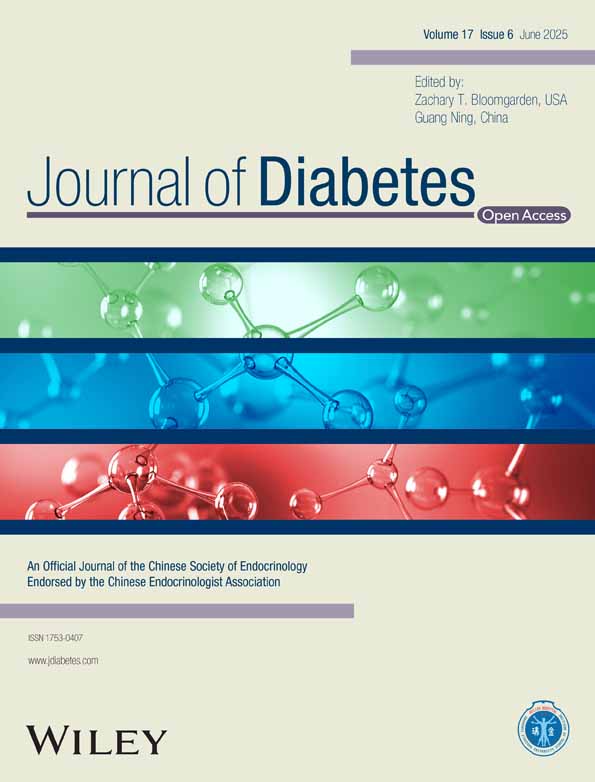The Effectiveness of Psychological Interventions for Families of Children With Type 1 Diabetes on Caregiver and Child Functioning: A Systematic Review and Meta-Analysis
Funding: The authors received no specific funding for this work.
ABSTRACT
Background
Research suggests that the wellbeing of caregivers of children with Type 1 Diabetes can influence child health outcomes. Therefore, the aim was to conduct a systematic review and meta-analysis to estimate the effect of psychological interventions for families of children with Type 1 Diabetes on caregiver and child functioning.
Methods
A systematic search of the literature identified 58 randomized controlled trials (RCTs) that met inclusion. Study quality was assessed using the Cochrane Risk-of-Bias Tool.
Results
Fifty-one trials had sufficient data to be included in the meta-analysis, analyzing nine variables (caregiver and child psychological distress, diabetes distress, family conflict and child quality of life (QoL), diabetes QoL and blood glucose) over three timepoints (post-intervention, short-term and long-term follow-up). Results from 10 (n = 550), three (n = 347) and 16 RCTs (n = 1631) respectively indicated that psychological interventions significantly reduced caregiver psychological distress post-intervention (SMD = −0.64, 95% CI = −1.15, −0.12), child psychological distress post-intervention (SMD = −0.34, 95% CI = −0.55, −0.31) and child blood glucose at short-term follow-up (SMD = −0.11, 95% CI = −0.21, −0.01), relative to controls.
Conclusions
Participants allocated to controls showed greater reductions in caregiver diabetes family conflict at short-and long-term follow−up than those assigned to psychological interventions. This was explained by significant baseline differences influencing a small number of studies. Studies were highly heterogenous regarding outcome measures, follow-ups, and interventions, with high concerns of bias often observed, reflecting the complexity of real−world clinical practice. Findings are promising. Appropriately powered RCTs with robust randomization are recommended to investigate the significance of effects, whilst considering dose response.
Conflicts of Interest
The authors declare no conflicts of interest.
Open Research
Data Availability Statement
All available data is publicly available within the article.




